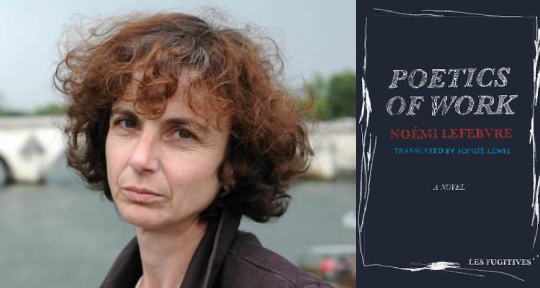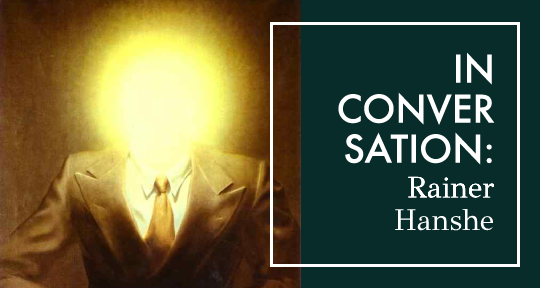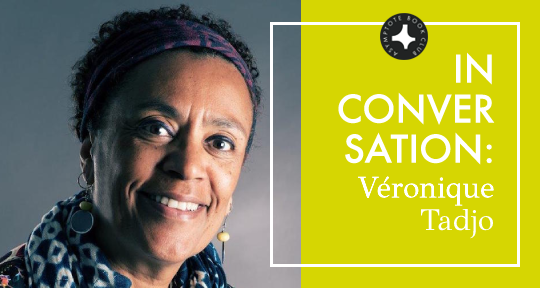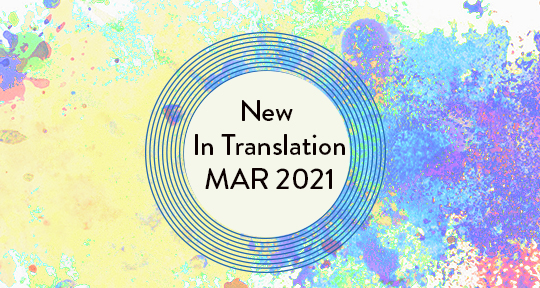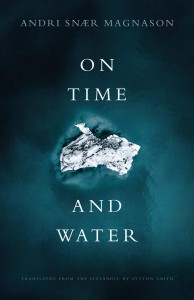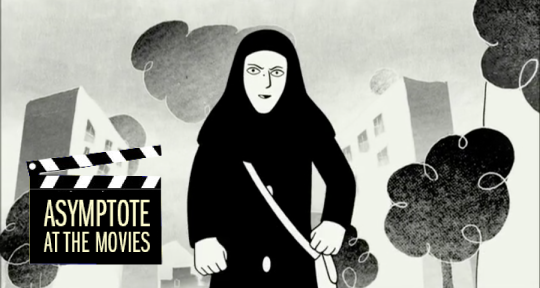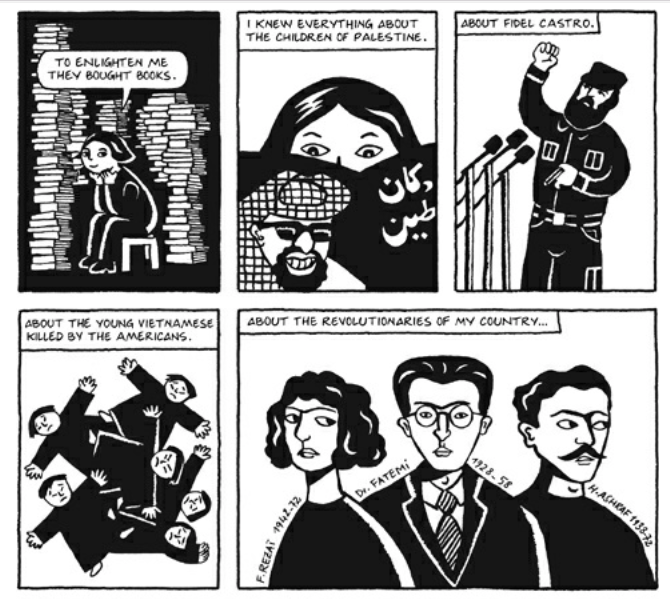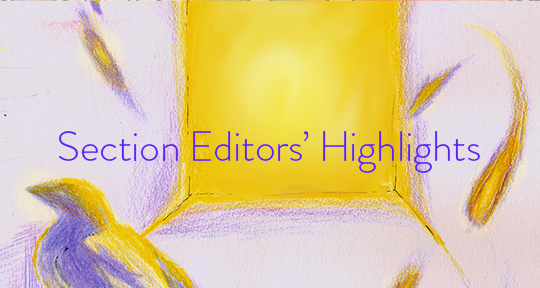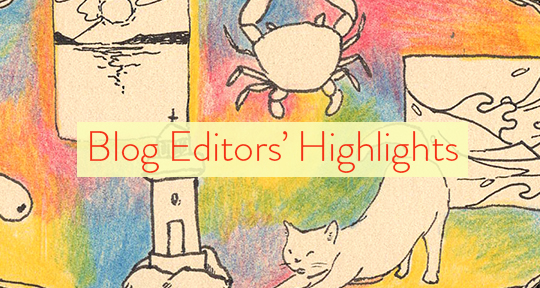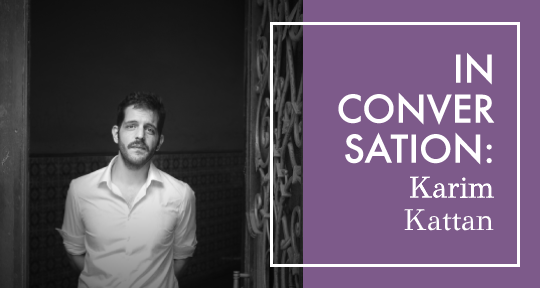In J.-H. Rosny’s 1888 novella Les Xipéhuz, strange beings invade humans’ territory and immediately begin to kill them. Communication becomes impossible; translation is useless because the Xipéhuz threaten humanity’s existence. In today’s essay, Andrea Blatz argues that, whilst science fiction purports to tell stories foreign to our own experience, this French book represents an all-too-familiar colonial situation—and crystalizes the relationship between language and imperialism.
J.-H. Rosny—the nom de plume of brothers Joseph Henri Honoré Boex and Séraphin Justin François Boex—wrote during the Third Republic, when France was expanding its empire in Africa, Asia, and the Pacific Islands. But the country had also recently lost the Alsace-Lorraine region to Germany after the Franco-Prussian War, and a loss so close to home was a brutal blow to national pride. Borders also shift in Les Xipéhuz, in which mysterious creatures invade the humans’ territory. The French empire claimed that its raison d’être was to bring its civilization to the rest of the world, and one way to do this was to spread its language. Consequently, the Alliance Française was established in 1883 to teach the French language and spread its culture and civilization, as well as to help create a new French identity.
In this context of imperial expansion, science fiction emerged. Belgian author J.-H. Rosny Aîné—the later pen name of elder brother Joseph—was one of the first authors to write science fiction in the French language, along with Jules Verne. In his works, Rosny pushes readers to imagine humans evolving to create a better world, free of colonialism, through science. The protagonist in Les Xipéhuz, Bakhoûn, represents the use of scientific knowledge for human advancement. Although seen as an outsider for his strange habits—for example, he farms instead of hunting and gathering—he is respected, and the nomadic Pjehou tribe turns to him when their methods against the invading Xipéhuz—who may or may not be from another planet—prove useless. Bakhoûn, who is thousands of years ahead of his time, represents modern rationality in comparison to the primitive beliefs of the other members of his tribe. His beliefs are based on logic rather than superstition:
Premièrement, il croyait que la vie sédentaire, la vie à place fixe, était préférable à la vie nomade, ménageait les forces de l’homme au profit de l’esprit. Secondement, il pensait que le Soleil, la Lune et les étoiles n’étaient pas des dieux, mais des masses lumineuses; Troisièmement, il disait que l’homme ne doit réellement croire qu’aux choses prouvées par l’expérience.
First, he espoused the idea that sedentary existence was preferable to nomadic life, allowing man to channel vital forces toward the development of the mind. Second, he thought that the Sun, the Moon and the Stars were not gods but luminous bodies. Third, he taught that man should only believe in things that can be proven by Measurement.
In other words, Bakhoûn bases his conclusions on evidence he has gathered, employing a quantitative methodology to learn about the Xipéhuz. During the weeks he spends observing them, he formulates and tests hypotheses regarding the invaders’ social, educational, and communication systems.
His findings mirror an anthropological study and the importance of science for the spread of the French empire. As the French did with their subjects, Bakhoûn used his newly acquired knowledge to gain a position of power over the Xipéhuz. Scientific advancement was said to measure how advanced a group of people were and thus was used as a tool in imperial expansion. Scientism, which promoted an objective view of the world, became the dominant ideology. To spread science, language also had to be spread. READ MORE…


